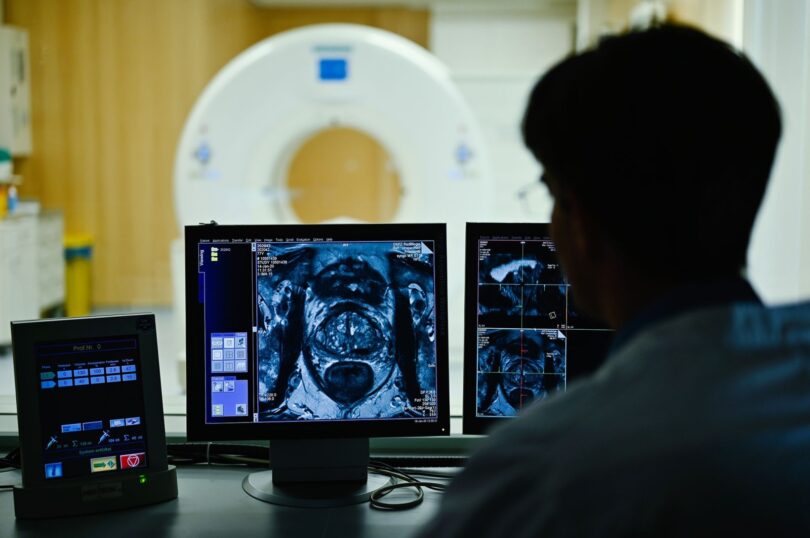DUBLIN (DPA) : With more than 52,000 diagnoses annually in the United Kingdom alone, prostate cancer is one of the most common cancers in men and one of the more stubborn variants of the fatal disease. However, that could be about to change if a treatment devised by University of Miami scientists proves effective.
The team said they have developed “the first therapy of its kind that disrupts prostate cancer cells’ metabolism and releases cisplatin into the weakened cells.”
Cisplatin is a chemotherapy drug that in the past has not been effective against prostate cancer, despite it having a track record against testicular, breast, bladder, lung and ovarian cancers.
“In mouse models, an orally administered version shrunk tumors substantially,” the researchers reported in findings published in the American Chemical Society’s Central Science Journal.
Not only has cisplatin previously not proven effective against prostate cancer, but the reasons for its failings were “unclear” to scientists, who were also confounded by how “advanced cases of the disease don’t respond to other therapies, such as androgen deprivation.”
In turn, the Miami team, led by Shanta Dhar and colleagues from the university’s Sylvester Comprehensive CancerCenter, looked into developing a therapy “that would inhibit fatty acid oxidation in cancer cells by targeting a mitochondrial protein that is vital to the metabolic process, making the cells susceptible to cisplatin.”
“By targeting the prostate, we can reduce kidney and liver toxicity and the risk of peripheral neuropathy,” Dhar said.







